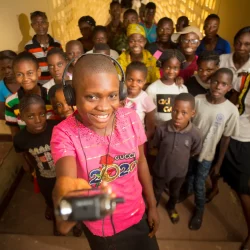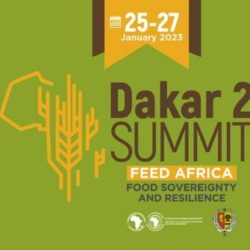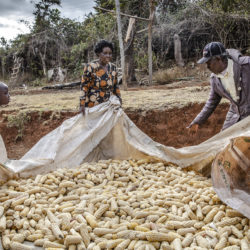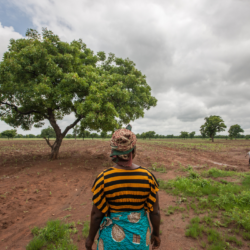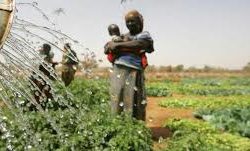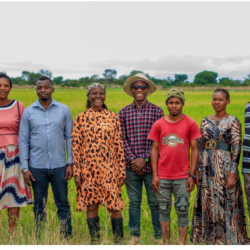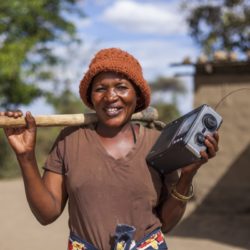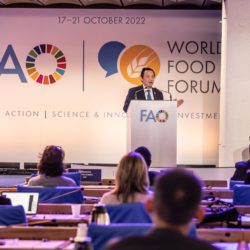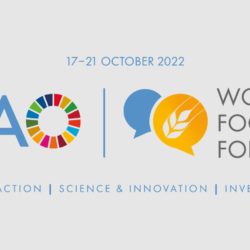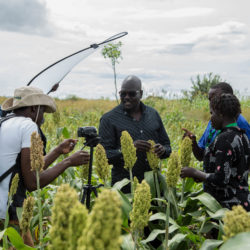Young reporters bring the voices of COP27 to Africa’s radios (Reuters)
Siyabonga Mokoena is a 21-year-old radio host working with the Children’s Radio Foundation (CRF). He is one of half a dozen young African reporters who attended the COP27 climate summit in Egypt to produce a series of podcasts on climate change to be broadcast on 15 radio stations around the continent. Before attending the conference, Mr. Mokoena was hard at work recording the stories of people whose lives have been

